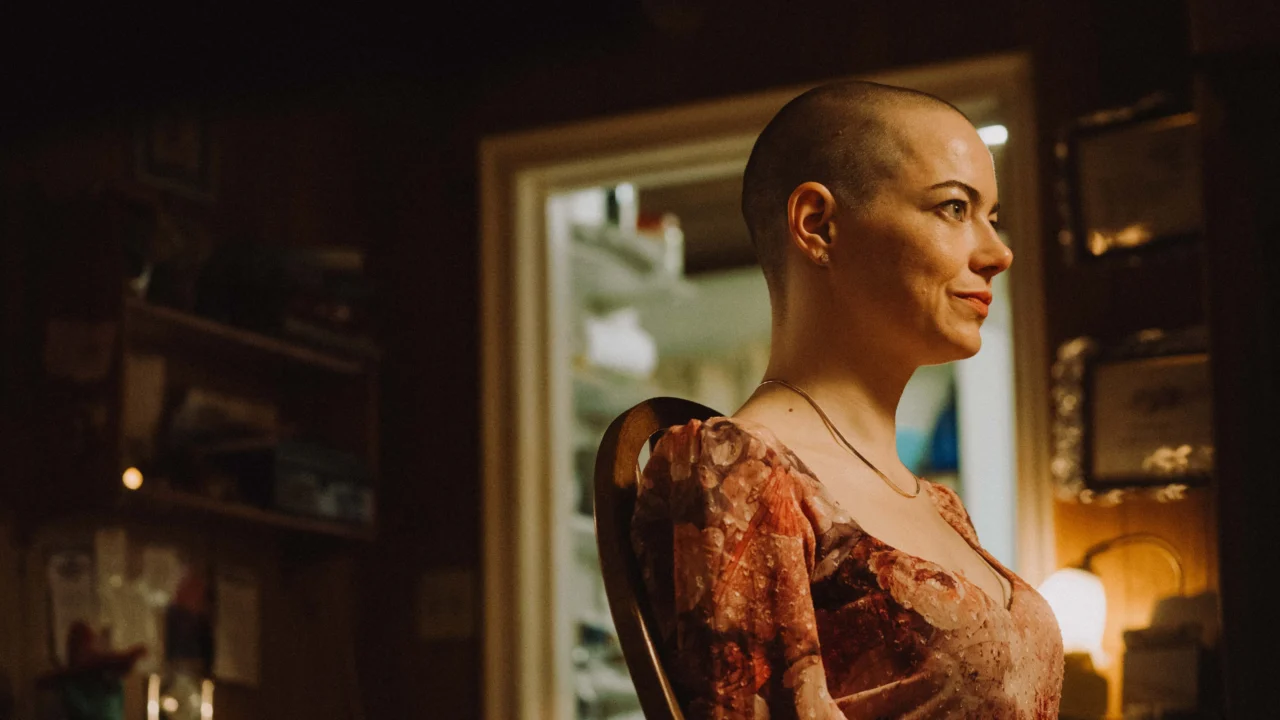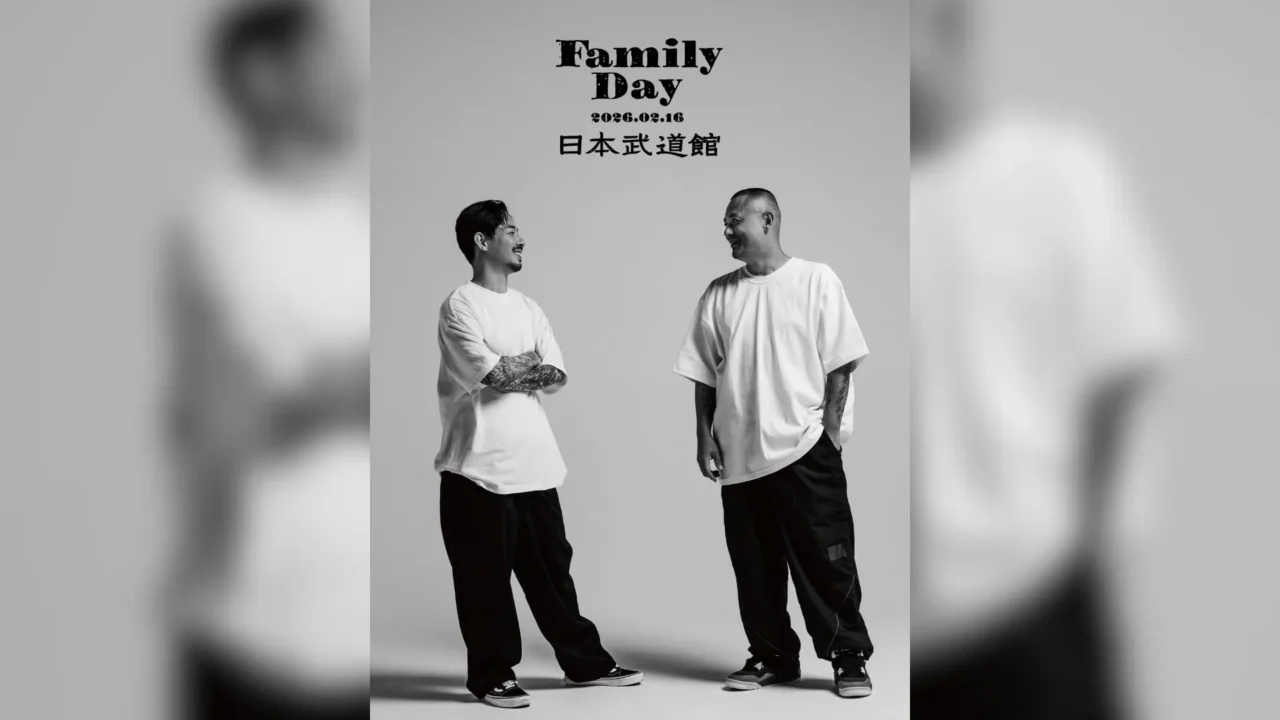A circle of friends connected by goo touching! The “FIST BUMP” corner of the radio program “GRAND MARQUEE” features people who live and enjoy Tokyo in a relay format.
On January 22, writer Minori Suzuki will appear. We asked her about how “Et cetera Vol. 8: Idols, Labor, and Lips,” which she co-edited with Ayaka Wada, came to be, and what kind of entertainment she pays attention to.
INDEX
Started writing after being approached by an editor of a magazine
Celeina (MC): Minori Suzuki, you often write from the perspective of gender, sexuality, and feminism.What inspired you to start writing?
Suzuki:I never thought of becoming a writer myself, but I was picked up by an editor of a magazine. I met with other editors, but my job hunting was not going well at the time, so we were talking about it and they said, “We can pay you this much,” and I said, “I’ll do it!”.
Takano (MC): That was a miracle.
Suzuki: That’s right. My friend was also taking photos for that magazine, so that was part of the story.
Celeina:You originally liked writing, didn’t you?
Suzuki:I was also writing a diary at the time when mobile novels were popular, so I was familiar with it.
Celeina:I used to read cell phone novels!
Takano: It brings back memories, doesn’t it?
INDEX
Thinking from a feminist perspective to enjoy supporting idols
Celeina: In 2022, there was “Et cetera Vol. 8: Idols, Labor, and Lips,” which was edited as a joint feature with Ayaka Wada. This feature, now that I think about it, is an amazing project. What was the background behind this project?
Suzuki: I love Hello Project, and I have been a fan of a group called ANGERME, to which Ayacho (Wada’s nickname) belonged, since the time of its predecessor S/mileage. I just thought that in order to support idols and enjoy them myself, I had to consider the working environment and the feminist viewpoint that women, mainly, are easily objectified sexually. I talked about these things with Ms.Matsuo, the representative and editor of “Et cetera” and he suggested that I should do a feature with Ms.Wada.
Celeina:I see. It’s an important topic, isn’t it?
Suzuki: Now we talked about female idols, but there are also male idols, and their fans include both men and women. In the context of heterosexuality, I tried to express in an easy-to-understand way that there are not only those who support men because they are women or women because they are men, but also those who admire them and have various points of view.
Takano: The questionnaire conducted in the feature is very interesting, isn’t it?
Suzuki: We conducted three types of questionnaires: those who are idols or used to be idols, those who work with idols, and idol fans. However, the number of responses from idols was smaller than we expected. Considering all the news from last year, I thought it might be difficult for them to talk about it, even though it was anonymous.
Celeina: I think it is very important to change the situation where it is difficult for idols to talk about their idols.
Takano: Looking at the results of the questionnaire, we can see that the difficulty of working is oozing out.
Suzuki: That’s right. Another good thing about the survey was that many people, fans and idols, responded. There were people from overseas who answered in English, and there were people who said they were fans in the context of homosexuality. It’s not just male and female, but also genderqueer and non-binary people who don’t fit into existing gender categories, so it was great to see that a variety of people are interested in idols.
Takano: I have a question. Why is “lip” in the title?
Suzuki: One of the former members of ANGERME is Momona Kasahara, who is now active in ME:I. When she was a member of ANGERME, there were a lot of comments from fans about lip color. At that time, Ayacho wrote on her blog that she should apply her favorite color lipstick. I thought that although it is a job where one has to care about how one looks in order to be accepted by the fans, it is important for a person to choose how to express his or her own personality. I put “lip” to combine the two: representation and expression.
Takano: This is not something else, is it?
Suzuki: Yes, it is. However, I wanted everyone to think of it as meaning various things, not just that episode between Ms.Kasahara and Ayacho, so I dared to use an abstract expression.





















